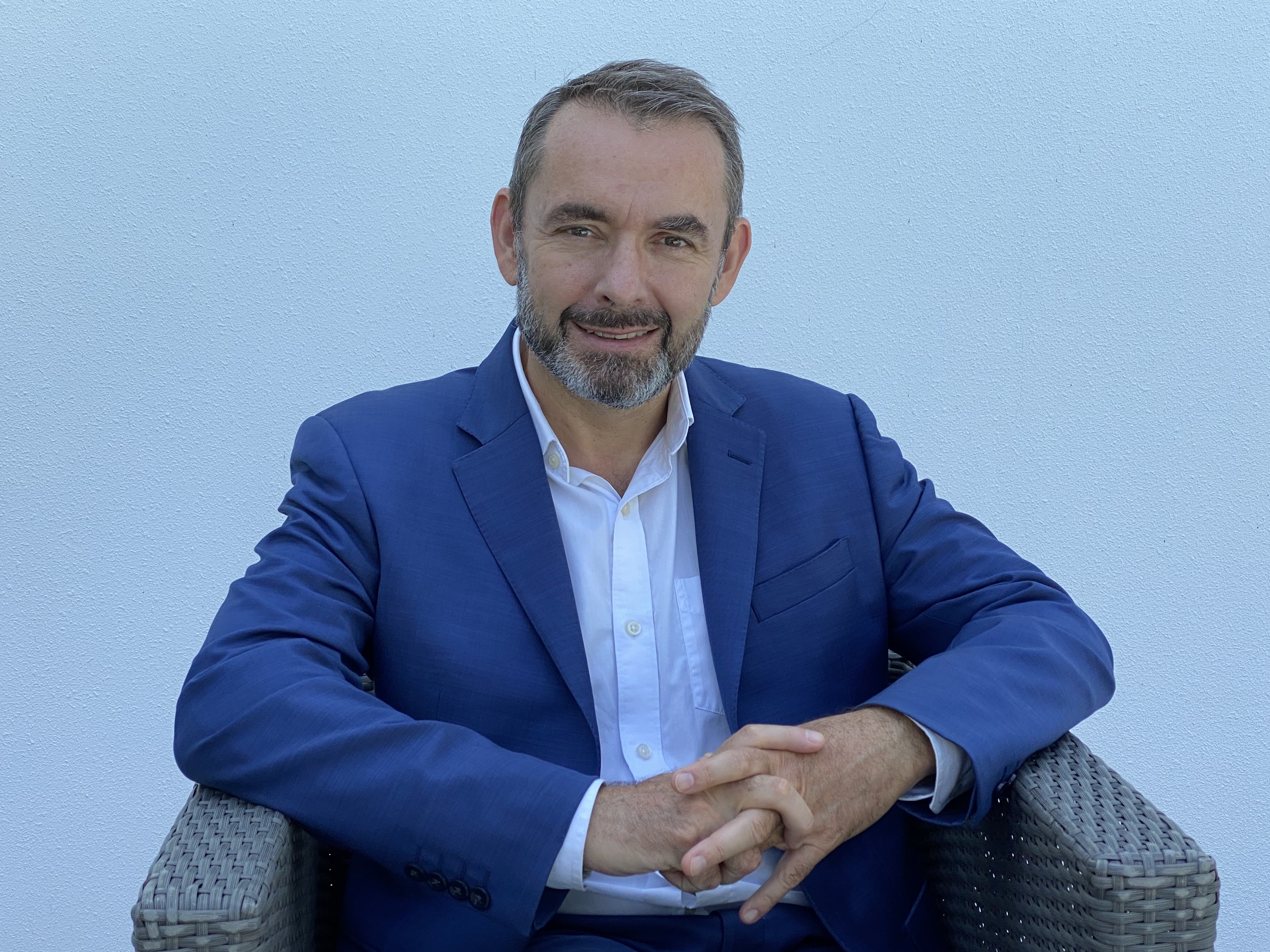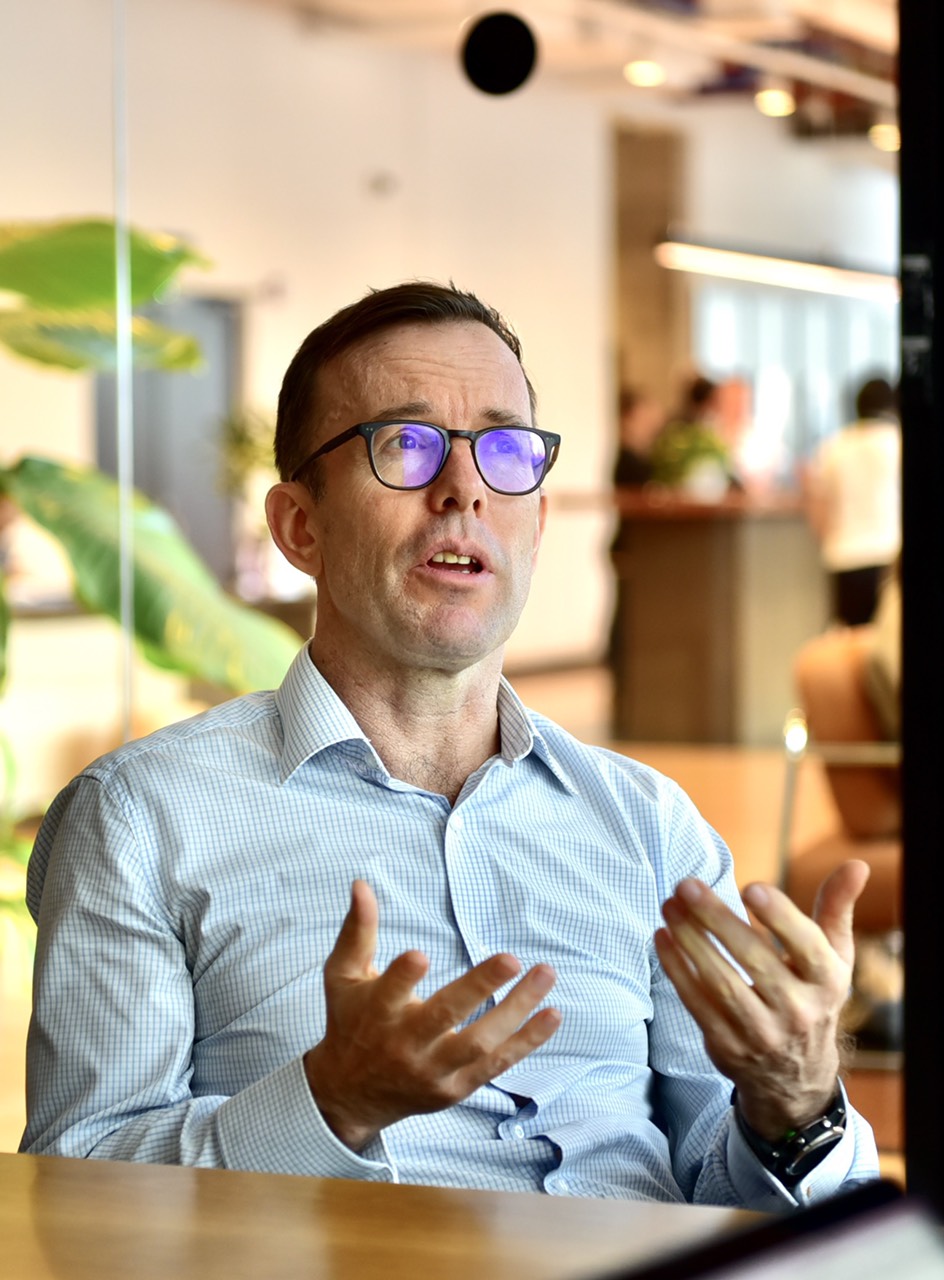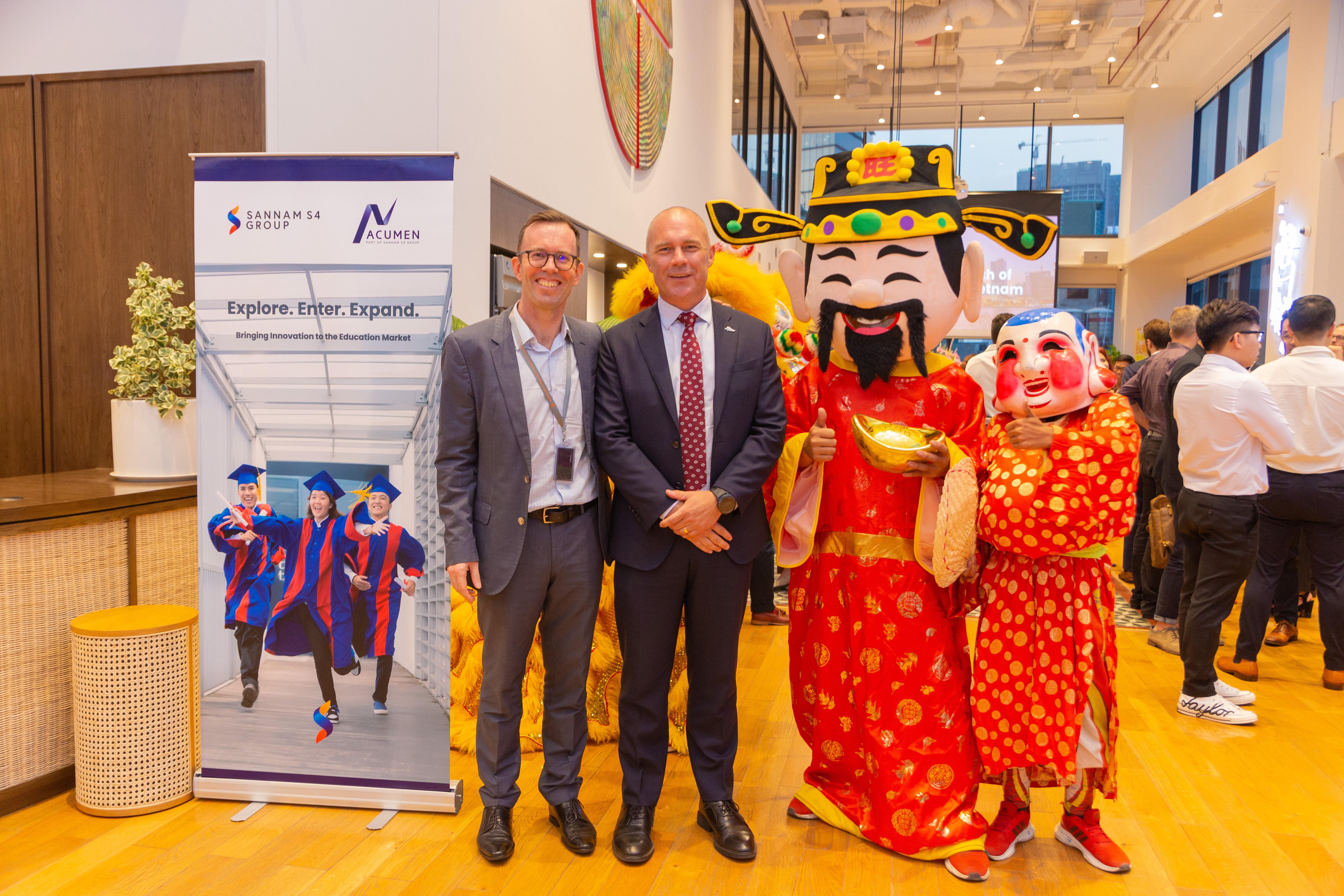Ex-diplomats start businesses in Vietnam
Following their tenure as foreign ambassadors to Vietnam, two diplomats have chosen to launch businesses in Vietnam, taking advantage of the Southeast Asian country’s dynamic startup scene.
Former French Ambassador to Vietnam Jean-Noël Poirier and former New Zealand Ambassador Haike Manning both served in Vietnam from 2012 to 2016 – a tenure which left such an impression on each of them that they both chose to stay in the country following their ambassadorships.
Ex-ambassador’s laundromat service
Former French Ambassador to Vietnam Jean-Noël Poirier left diplomatic service following his term in Vietnam, but he didn’t choose to leave the country.
Instead, he opened three laundromats in Hanoi, one of which managed to stay open throughout the COVID-19 pandemic while the other two only recently reopened following financial hardship brought about by the coronavirus.
But laundromats are just a side hustle for Porier.
When he’s not busy making sure Hanoians have clean clothes, he manages a foreign investment consulting business in the Southeast Asian country.
While the pandemic essentially put a hold on foreign investment in Vietnam, the country’s rapid economic recovery has signaled to foreign businesses that Vietnam still has significant long-term development potential, particularly now that COVID-19 has led to dozens of countries shifting their manufacturing bases away from China and into Vietnam.
According to Poirier, Vietnam’s investment potential is heighted by two key factors: the government of Vietnam is particularly interested in foreign companies, and the business climate is very welcoming and encouraging.
Poirier also noted that safety and peace of mind for long-term business in Vietnam are the top priorities for international investors, and the Vietnamese government has done a good job of setting investors at ease by enforcing a tough anti-epidemic policy and taking numerous measures to support the growth of the local business environment.
Such growth and potential are Porier’s main inspiration for staying in Vietnam following his tenure as a diplomat.
“I wanted to participate in [Vietnam’s] progress,” he explained.
 |
| Former French Ambassador to Vietnam Jean-Noel Poirier. Photo: Supplied |
Porier juxtaposed the business environments in Europe and Asia, explaining that, for the past 20 years, the business environment in Europe has been in decline, with economic downturn, unemployment, the closure of businesses and factories, and the relocation of businesses to Asia being serious concerns.
In comparison, Vietnam’s business environment is upbeat and maintains a culture that is relatively welcoming to outsiders, provided they adhere to the adage “When in Rome, do as the Romans do.”
Porier explained that the transition from diplomat to entrepreneur was difficult for him, but support from his Vietnamese acquaintances eased the burden.
Improving access to education
October 2022 was the 10th anniversary of Haike Manning and his family moving to Vietnam.
The last six of those years were spent in Ho Chi Minh City, while the first four, from 2012 to 2016, were spent in Hanoi where Manning served as the New Zealand ambassador to Vietnam.
“I always intended to stay here in Vietnam. We were quite well settled and had a really good network in Hanoi, but Ho Chi Minh City is Vietnam’s commercial hub and the idea of moving to Ho Chi Minh City to start a new Vietnam life was interesting.
“We are happy here, I think it’s because me, my wife, and my son, have found our place in doing different things,” Haike shared.
 |
| Haike Manning, former New Zealand Ambassador to Vietnam from 2012 to 2016. Photo: Tran Tien Dung / Tuoi Tre |
Hanoi has undergone immense change since Haike and his family first moved to the city in 2012.
The capital’s new roads and bridges are both particularly distinct signs of its growth over the past decade.
Haike now operates a company that focuses on education. Specifically, he manages the company’s operations across Southeast Asia.
As part of this job, he often travels to Malaysia – an experience he says has opened his eyes to how impressed the international community is with Vietnam’s growth and how fearful countries like Malaysia are of losing the development advantages they have over Vietnam.
“Vietnam is becoming more connected with the world, especially in education, where the number of students going abroad each year continues to grow.
“Around 200,000 Vietnamese students are studying abroad, and there are more and more international programs being delivered in Vietnam,” Haike said.
Haike sees the country’s development through the lens of education and, in his view, has done a fantastic job of providing education to every Vietnamese citizen and opening the doors to higher education for a large proportion of the population.
However, there are areas where the government does fall short, and that’s where international partnerships and collaboration in education come in.
In Haike’s view, Vietnam can continue to advance its education system by developing greater international connections and continuing to create more accessible education.
With more and more international education programs coming to Vietnam, there is less pressure for Vietnamese students to study abroad and more opportunities for lower-income families.
“Improving access through digital and online education, and improving quality of education through international connections, are two important things that factor into increases in the quality of education over time.
 |
| Haike Manning (left) and the New Zealand Consul General to Ho Chi Minh City Joseph Nelson attended an event at Manning’s office. Photo: Supplied |
“My personal view is that bringing international education to Vietnam is going to create much bigger opportunities for everyone. Not only have we increased access to education for families, but we have also supported improving the capacity of local institutions,” Haike said.
Data from a survey carried out by Haike’s company showed that Vietnamese parents spent significantly more on their childrens’ education compared to parents in other Southeast Asian countries.
International education institutions also tend to favor Vietnamese students.
Vietnamese students are often academically strong, but they’re also often quite open to embracing the culture overseas.
However, for young people to reach their full potential, Haike believes Vietnamese students need to focus on life skills.
“It’s one thing to know a lot about engineering, computer science, economics, or finance, but to really thrive in the world that we live in now, you need to have soft skills as well. You need to invest in building your communication and interpersonal skills so that you can form good relationships across cultures.
“Figuring out how to work on a team, how to lead people, and how to analyze and apply critical thinking is absolutely essential,” Haike explained.
In Vietnam, talented young people are the country’s assets. It is important for Vietnam to keep the economy growing and provide conditions that are attractive enough so even when Vietnamese students can go overseas, to Australia or Canada, and eventually return home.
“They come back because they can see more opportunities here and we have started to see that trend in our recent market surveys. We’re starting to see that, increasingly, families are saying there are really good chances here in Vietnam now. Ten years ago, there weren’t the same set of opportunities,” Haike said.
Like us on Facebook or follow us on Twitter to get the latest news about Vietnam!
The post Ex-diplomats start businesses in Vietnam appeared first on Vietexplorer.com.
View more from VietExplorer:
Palanquin procession celebrates Hung Kings Temple FestivalVietnamese track-and-field athletes two gold medals away from 31st SEA Games target
China withdrawal could see 2023 Asian Cup heading west
Vietnam continues topping medal table at SEA Games with 66 gold medals
Son Dong Cave honoured by Google Doodle
April – the season of pure lilies adorns Hanoi streets
Street carnival joyfully opens in Sa Pa
Hanoi’s specialty listed among CNN’s best Asian noodle dishes
10 film projects win ticket to “Film Pitch” competition’s final round
Cua Lo Tourism Festival kicks off in Nghe An Province
Ninh Thuan moves to integrate heritage landscape in tourism development
European Literature Days offer valuable literature
Vietnam has claimed 91 gold medals, more than double second-placed Thailand’s count, at 31st SEA Games
Vietnamese swimmers defeat Singapore’s Olympic champion and teammates at SEA Games
Vietnam close on 100 gold as couple win just minutes apart
Is 2022 the year of adventure cycling in Vietnam?
Vietnam beat Myanmar, enter 31st SEA Games women’s football final
Vietnam wins first-ever gold medal in SEA Games men’s marathon
Legged fish a sought-after specialty in southern Vietnam
Youth festival held in Hanoi to welcome SEA Games 31
Nhận xét
Đăng nhận xét